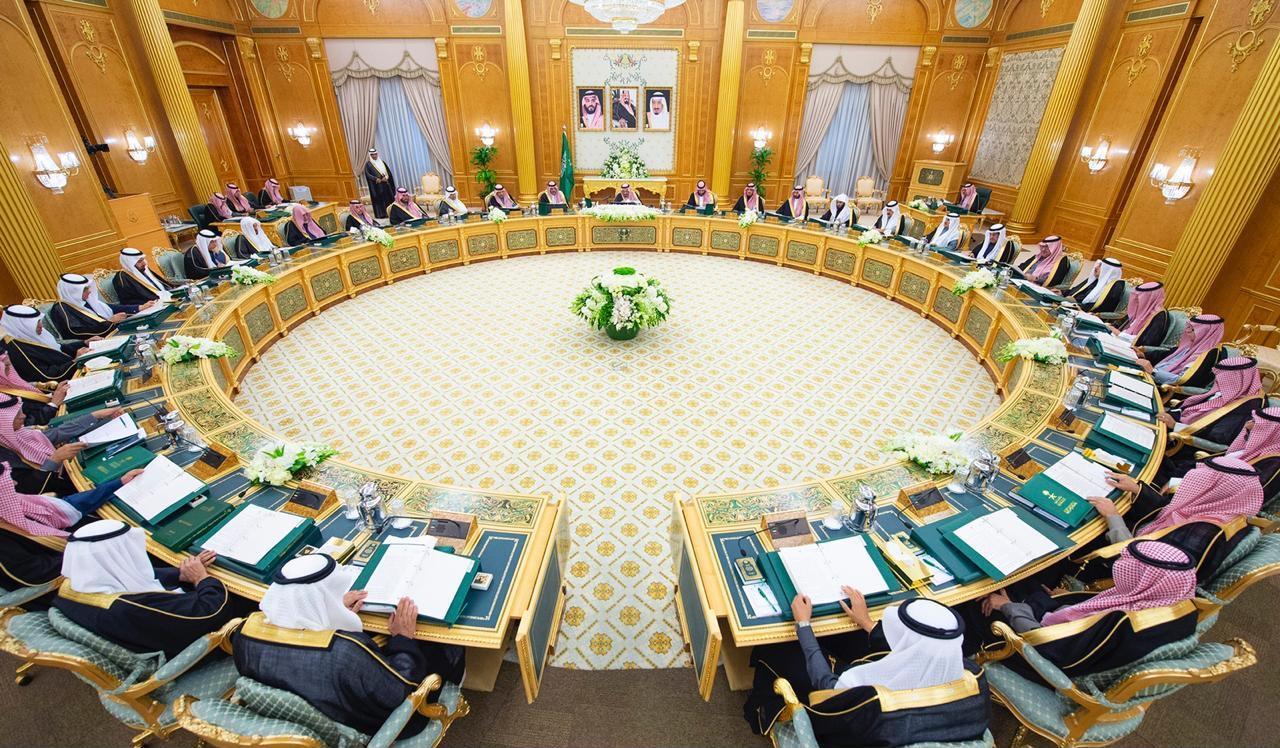The Budget of the Kingdom
The Budget of the Kingdom of Saudi Arabia is the general budget of the state, representing the regulatory framework for revenues and expenditures for one year. It contributes to achieving the ambitious goals of Saudi Vision 2030, funding programs to realize the vision. It is also crucial for improving the country's credit rating and developing the gross domestic product.
Stages of preparation
The annual general budget of the state goes through three main stages every year, which are:
Preparation
The preparation stage of the budget begins during the first quarter of the year by determining the main directions of the budget, discussing with stakeholders, preparing the detailed plan for the budget preparation project, and signing service-level agreements with the relevant parties. Following that stage is the review, analysis, and discussion phase, which continues until the end of August.
The preparation of the budget is also subject to a number of specified rules, including compliance with the annual period and the presentation of estimates in which both resources and expenditures are public. Additionally, balance requires that revenues equal expenditures, and that there is detailed tabulation and analysis of variables. Moreover, spending ceilings must be defined, in addition to presenting a unified budget that includes all expenditures and revenues in one statement.
Preparing the budget requires financial and economic competencies, along with knowledge and technical skills, the ability for strategic thinking and leadership, a deep understanding of policies and regulations, and advanced financial analysis capabilities.
Approval
The approval of the budget goes through three stages, starting with the initial analysis throughout July, August, and September, followed by the final approval during October and November, and culminating in its official announcement in December.
Implementation
The Ministry of Finance follows four tracks to implement the budget; firstly, by notifying the budget and disseminating its instructions; secondly, by executing it through collecting its revenues and adhering to its expenditures and allocations; thirdly, by estimating quarterly performance; and fourthly, by preparing the final account, with entities submitting their accounts at the end of the fiscal year. During this stage as well, communication with government entities takes place through introductory workshops. Their feedback is also taken into account in the media plan for launching the budget, and the roles of other supporting entities are activated.
Budget automation programs facilitate the preparation and execution of the budget, such as the 'Etimad' platform, the budget planning and preparation system, the financial system for executing accounting operations, business intelligence reports, and a program to enhance governance and data management. The 'Etimad' platform contributes to enhancing transparency and increasing spending efficiency for its users, including governmental and regulatory entities, contractors, suppliers, and others. The Kingdom's development of its accounting system to transition from cash basis to accrual accounting has led to greater transparency and accountability, in line with the global standards followed by the G20 countries
The Kingdom's budget is subject to legislative and regulatory aspects, and is based on the governance law. The Ministry of Finance is working on developing its policies to achieve the strategic objectives of the vision programs related to financial sector development, including the Privatization Program, the Fiscal Sustainability Program, and the Financial Sector Development Program. This is to enhance the economic impact and achieve the strategic objectives of these programs in line with Saudi Vision 2030 targets.

Preparing the state budget before 2017
The process of preparing the state budget (before 2017) in the Kingdom began with government entities, which would send their budget requests to the Ministry of Finance for review. Workshops would then be held with the government entities to discuss their requests and reach agreement on the required budgets. The budgets would be presented to the Minister of Finance for approval, and then the recommended budget files would be submitted to the Royal Court for final approval before being communicated to the government entities. This entire process was done manually.
Preparing the state budget after 2017
The Financial Sustainability Document (formerly known as the Fiscal Balance Document) was introduced to illustrate the available financial space over the medium term to ensure fiscal sustainability. It is updated annually to reflect developments, and financial laws are developed to provide the necessary data to study and analyze the needs of government entities. As a result, the Ministry of Finance now sets initial expenditure ceilings for government entities to plan their budgets according to the reported ceilings. It also considers additional requests that exceed the reported ceilings, along with the supporting documents for those requests.
Workshops for discussion are held between the Ministry of Finance and government entities to reach a preliminary agreement on the required budgets. The results of these discussions and the recommendations of the Ministry of Finance are then summarized and presented to the Council of Economic and Development Affairs for recommendations on the required budgets before approval by the Finance Committee. Afterward, they are presented to the Council of Ministers for approval and announcement of the budget.
This process, from initial budget ceilings to the final budgets of government entities, has been fully automated. It is carried out through the Budget Planning System at the Ministry of Finance, which is connected to all government entities.